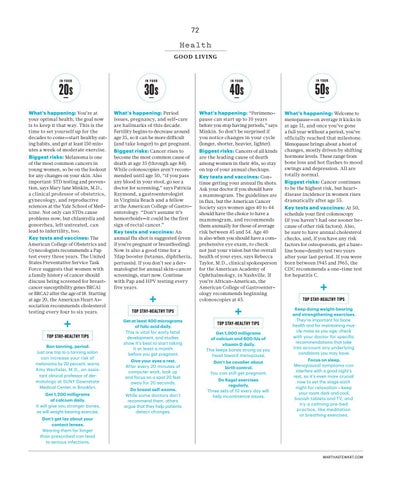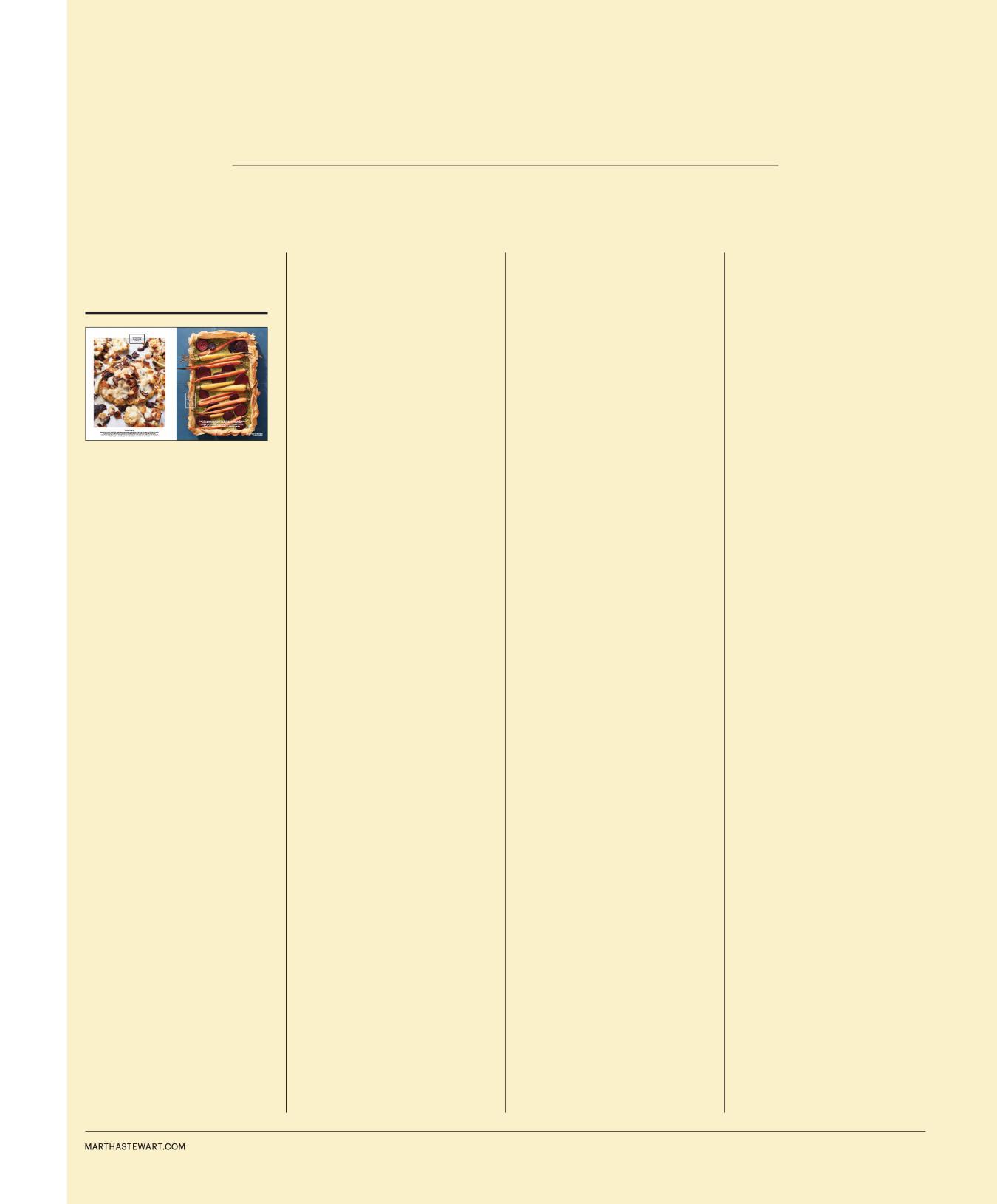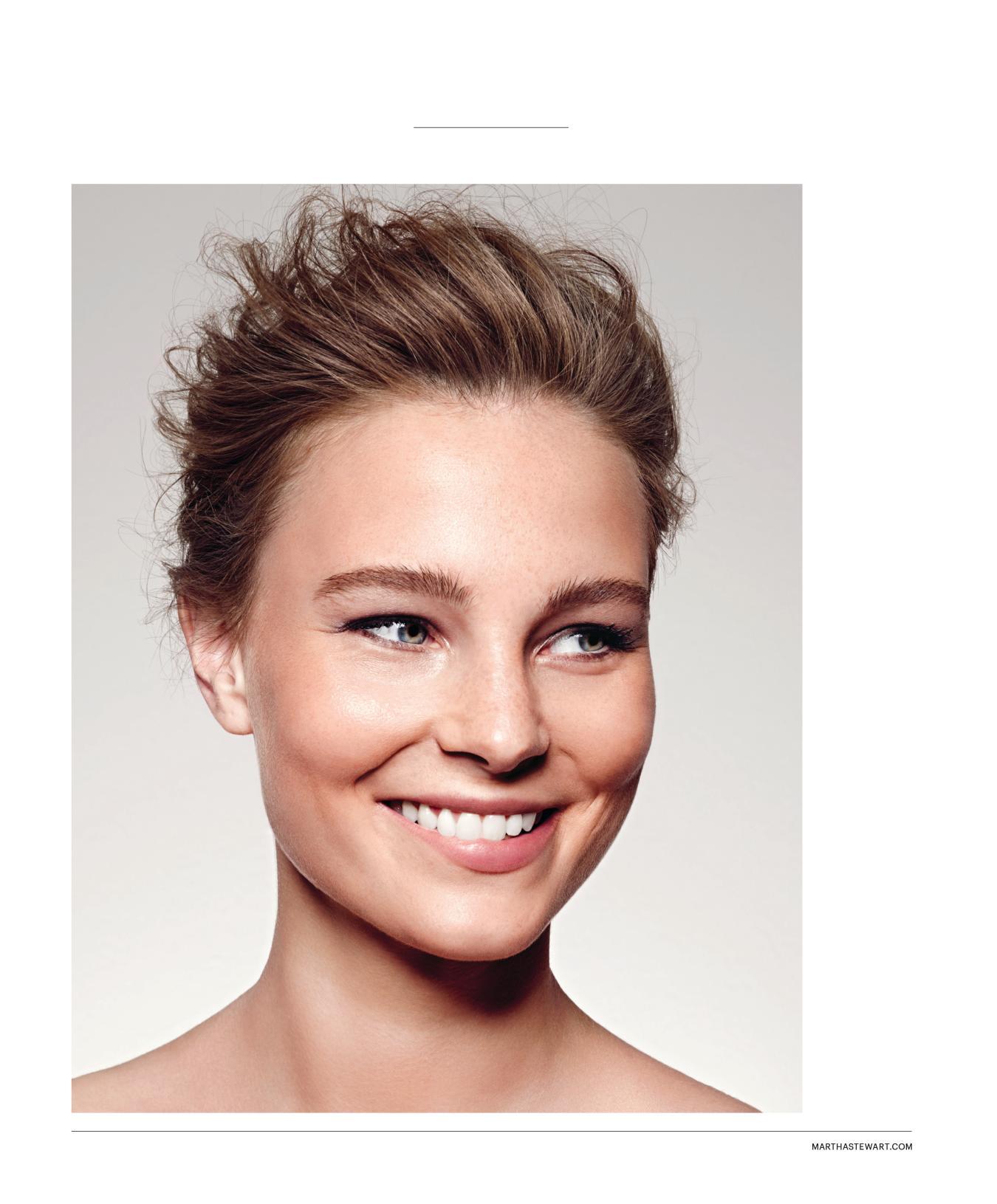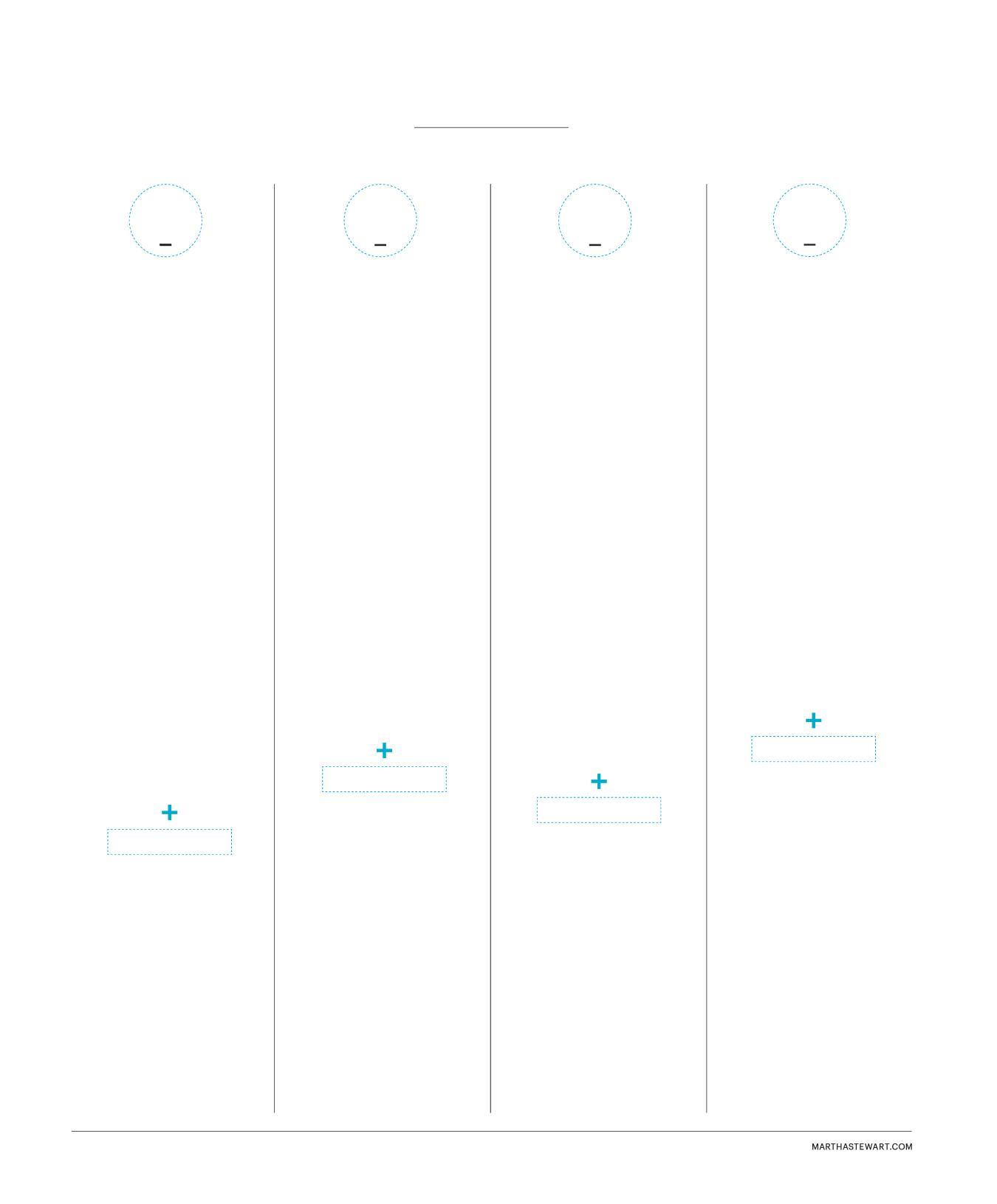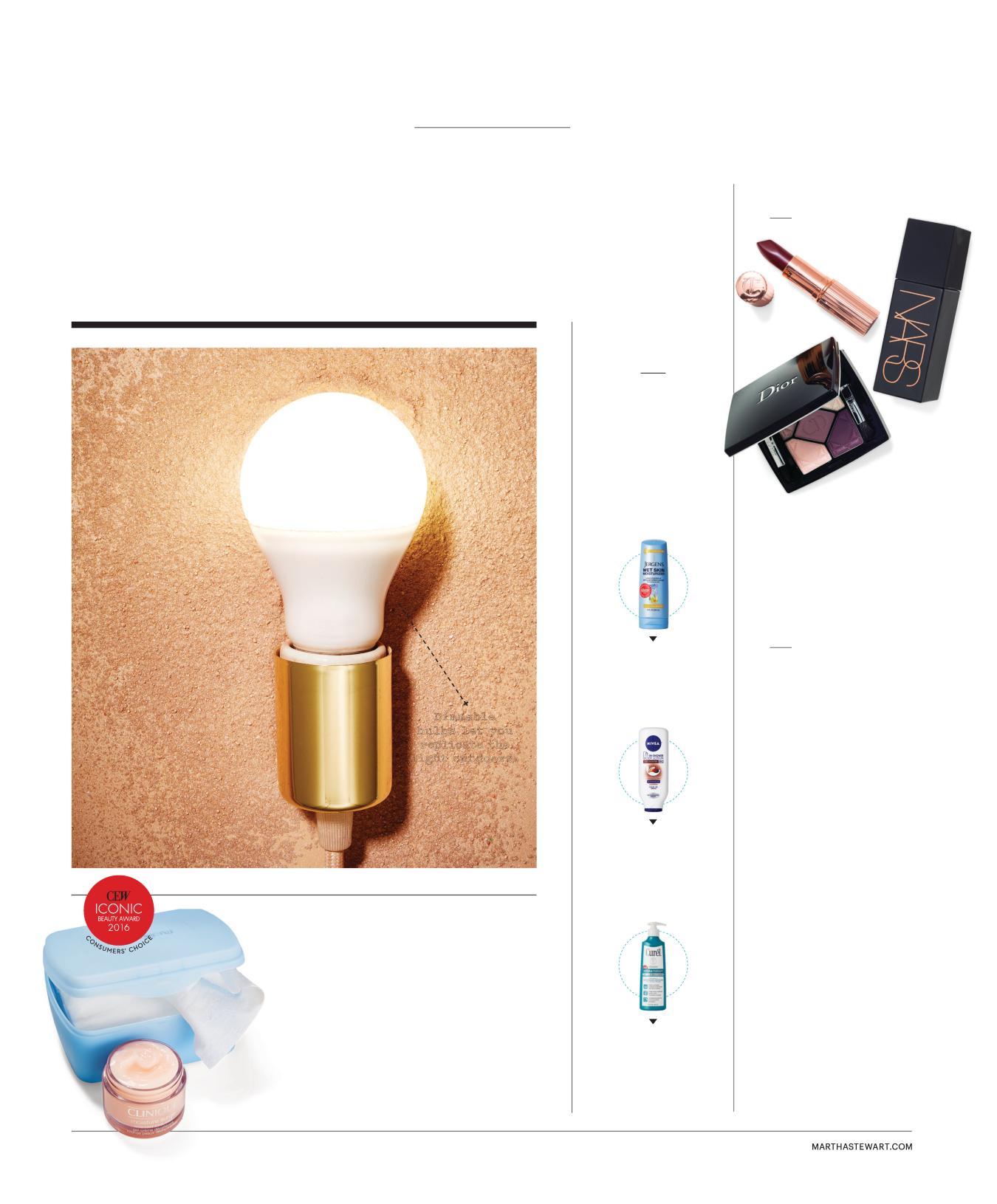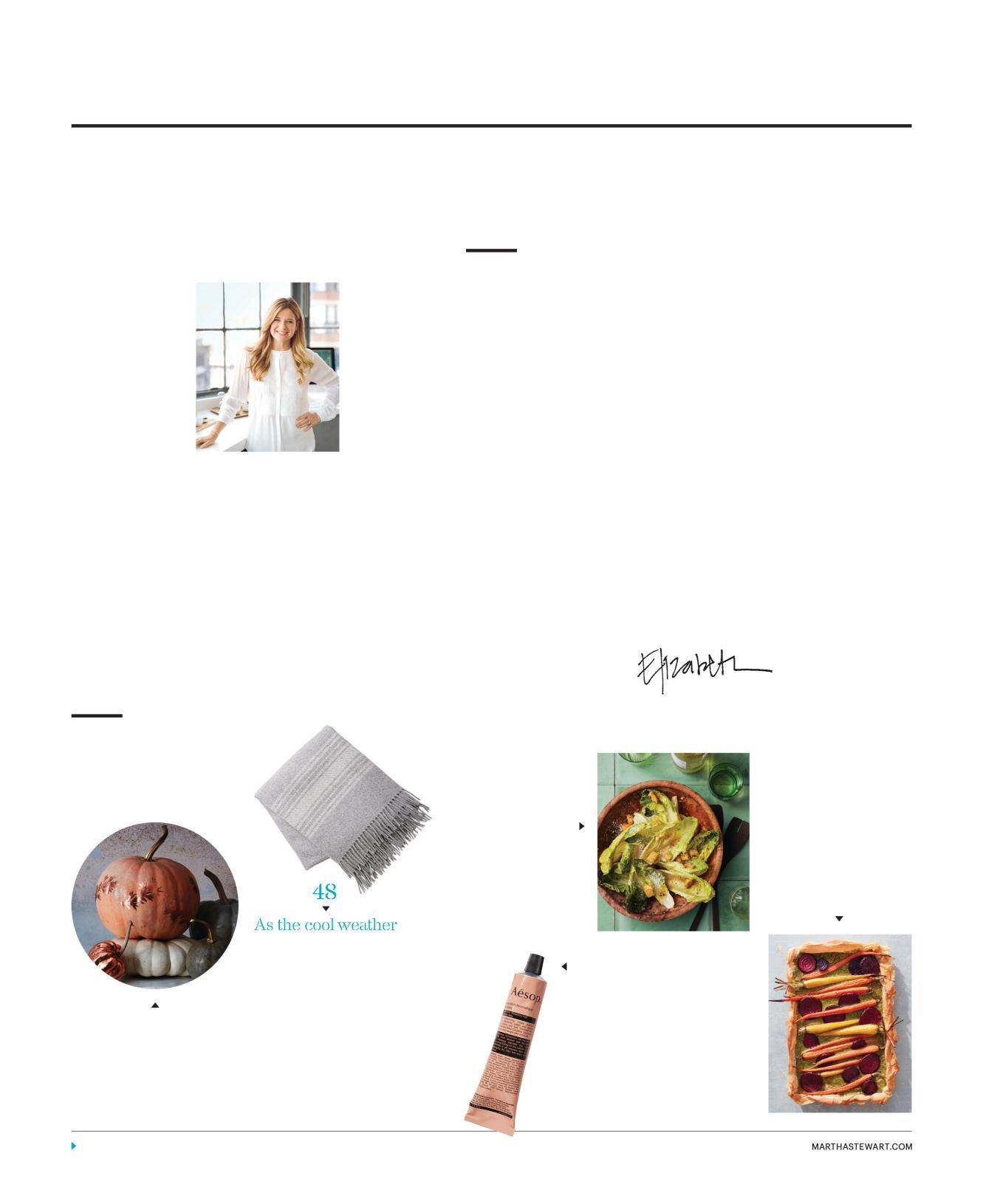72
Health G O O D L I V I NG
IN YOUR
20S What’s happening: You’re at your optimal health; the goal now is to keep it that way. This is the time to set yourself up for the decades to come—start healthy eating habits, and get at least 150 minutes a week of moderate exercise. Biggest risks: Melanoma is one of the most common cancers in young women, so be on the lookout for any changes on your skin. Also important: STD testing and prevention, says Mary Jane Minkin, M.D., a clinical professor of obstetrics, gynecology, and reproductive sciences at the Yale School of Medicine. Not only can STDs cause problems now, but chlamydia and gonorrhea, left untreated, can lead to infertility, too. Key tests and vaccines: The American College of Obstetrics and Gynecologists recommends a Pap test every three years. The United States Preventative Service Task Force suggests that women with a family history of cancer should discuss being screened for breastcancer susceptibility genes BRCA1 or BRCA2 after the age of 18. Starting at age 20, the American Heart Association recommends cholesterol testing every four to six years.
TOP STAY-HEALTHY TIPS Ban tanning, period. Just one trip to a tanning salon can increase your risk of melanoma by 20 percent, warns Amy Wechsler, M.D., an assistant clinical professor of dermatology at SUNY Downstate Medical Center, in Brooklyn. Get 1,200 milligrams of calcium daily. It will give you stronger bones, as will weight-bearing exercise. Don’t get lax about your contact lenses. Wearing them for longer than prescribed can lead to serious infections.
IN YOUR
30S What’s happening: Period issues, pregnancy, and self-care are hallmarks of this decade. Fertility begins to decrease around age 35, so it can be more difficult (and take longer) to get pregnant. Biggest risks: Cancer rises to become the most common cause of death at age 35 (through age 84). While colonoscopies aren’t recommended until age 50, “if you pass any blood in your stool, go see a doctor for screening,” says Patricia Raymond, a gastroenterologist in Virginia Beach and a fellow at the American College of Gastroenterology. “Don’t assume it’s hemorrhoids—it could be the first sign of rectal cancer.” Key tests and vaccines: An annual flu shot is suggested (even if you’re pregnant or breastfeeding). Now is also a good time for a Tdap booster (tetanus, diphtheria, pertussis). If you don’t see a dermatologist for annual skin-cancer screenings, start now. Continue with Pap and HPV testing every five years.
IN YOUR
40S What’s happening: “Perimenopause can start up to 10 years before you stop having periods,” says Minkin. So don’t be surprised if you notice changes in your cycle (longer, shorter, heavier, lighter). Biggest risks: Cancers of all kinds are the leading cause of death among women in their 40s, so stay on top of your annual checkups. Key tests and vaccines: Continue getting your annual flu shots. Ask your doctor if you should have a mammogram. The guidelines are in flux, but the American Cancer Society says women ages 40 to 44 should have the choice to have a mammogram, and recommends them annually for those of average risk between 45 and 54. Age 40 is also when you should have a comprehensive eye exam, to check not just your vision but the overall health of your eyes, says Rebecca Taylor, M.D., clinical spokesperson for the American Academy of Ophthalmology, in Nashville. If you’re African-American, the American College of Gastroenterology recommends beginning colonoscopies at 45.
TOP STAY-HEALTHY TIPS Get at least 400 micrograms of folic acid daily. This is vital for early fetal development, and studies show it’s best to start taking it at least a month before you get pregnant. Give your eyes a rest. After every 20 minutes of computer work, look up and focus on a spot 20 feet away for 20 seconds. Do breast self-exams. While some doctors don’t recommend them, others argue that they help patients detect changes.
TOP STAY-HEALTHY TIPS Get 1,000 milligrams of calcium and 600 IUs of vitamin D daily. This keeps bones strong as you head toward menopause. Don’t be cavalier about birth control. You can still get pregnant. Do Kegel exercises regularly. Three sets of 10 every day will help incontinence issues.
IN YOUR
50S What’s happening: Welcome to menopause—on average it kicks in at age 51, and once you’ve gone a full year without a period, you’ve officially reached that milestone. Menopause brings about a host of changes, mostly driven by shifting hormone levels. These range from bone loss and hot flashes to mood swings and depression. All are totally normal. Biggest risks: Cancer continues to be the highest risk, but heartdisease incidence in women rises dramatically after age 55. Key tests and vaccines: At 50, schedule your first colonoscopy (if you haven’t had one sooner because of other risk factors). Also, be sure to have annual cholesterol checks, and, if you have any risk factors for osteoporosis, get a baseline bone-density test two years after your last period. If you were born between 1945 and 1965, the CDC recommends a one-time test for hepatitis C.
TOP STAY-HEALTHY TIPS Keep doing weight-bearing and strengthening exercises. They’re important for bone health and for maintaining muscle mass as you age; check with your doctor for specific recommendations that take into account any underlying conditions you may have. Focus on sleep. Menopausal symptoms can interfere with a good night’s rest, so it’s even more crucial now to set the stage each night for relaxation—keep your room dark and cool, banish tablets and TV, and try a calming pre-bed practice, like meditation or breathing exercises.
